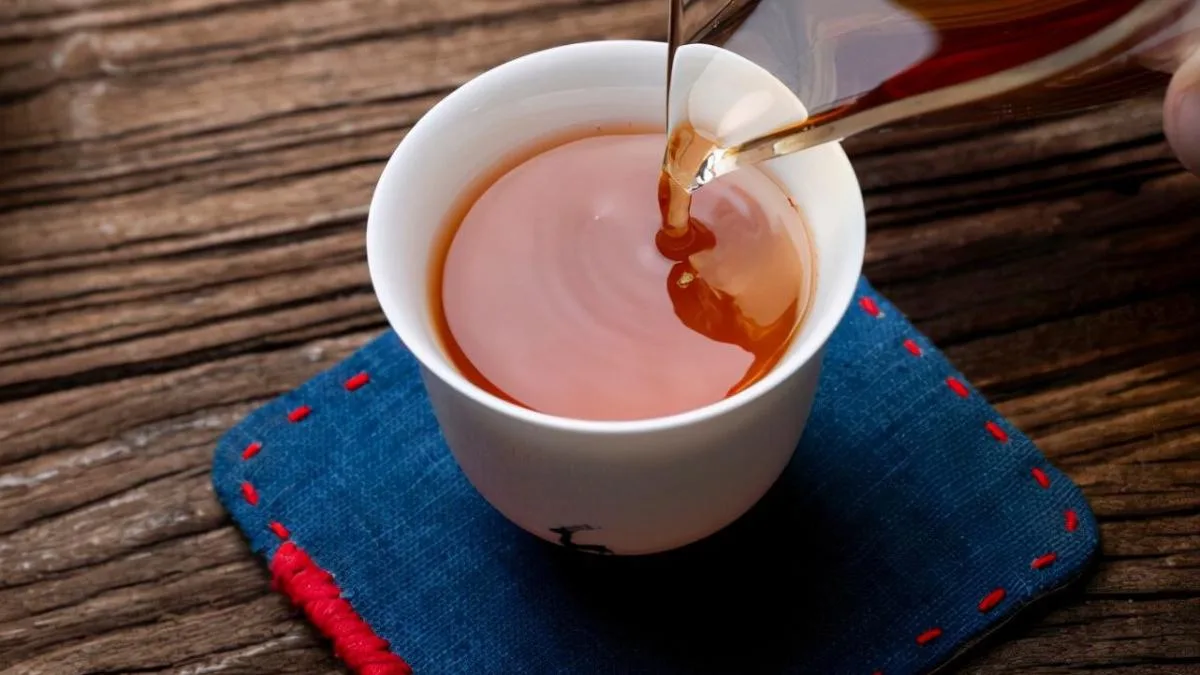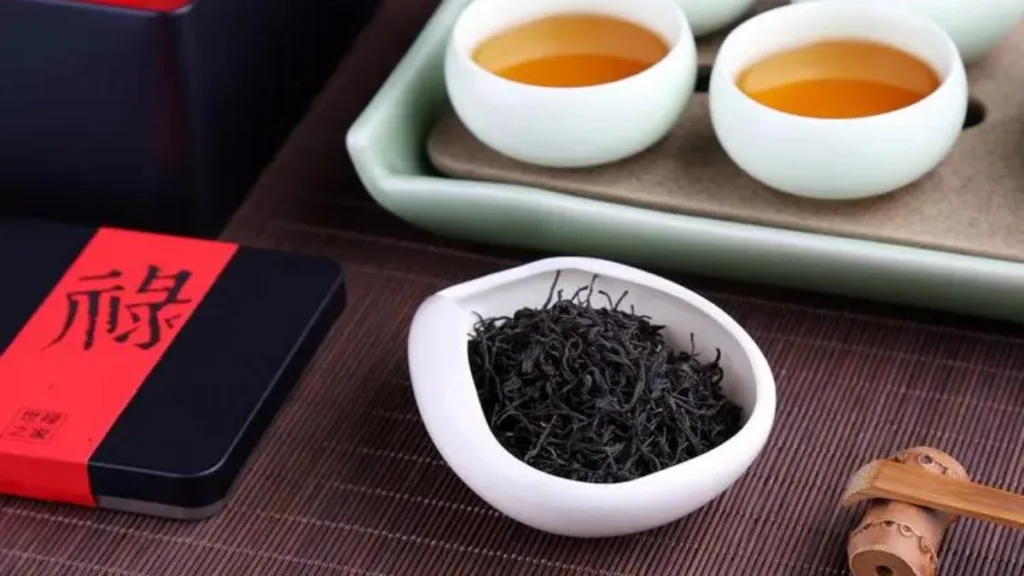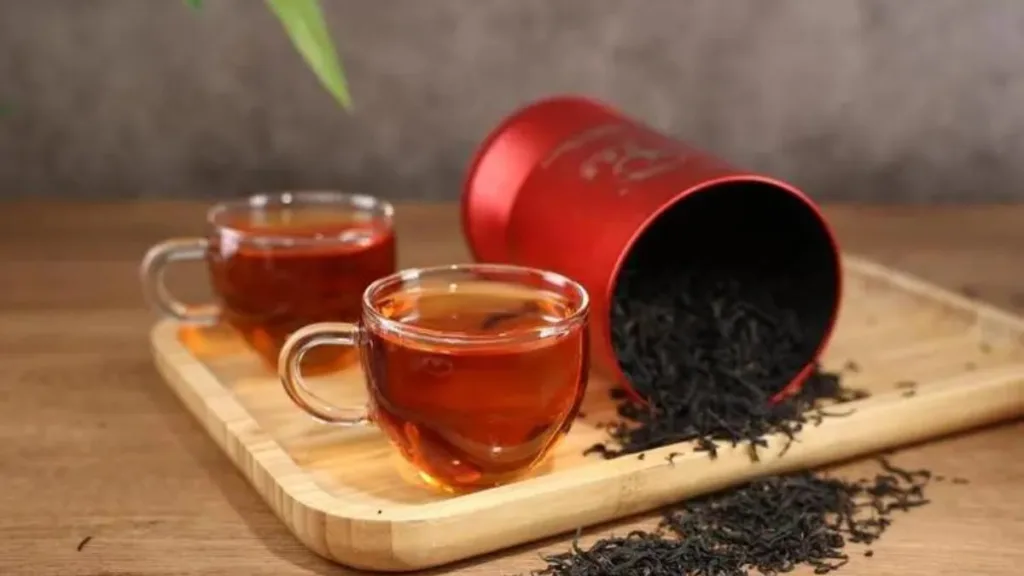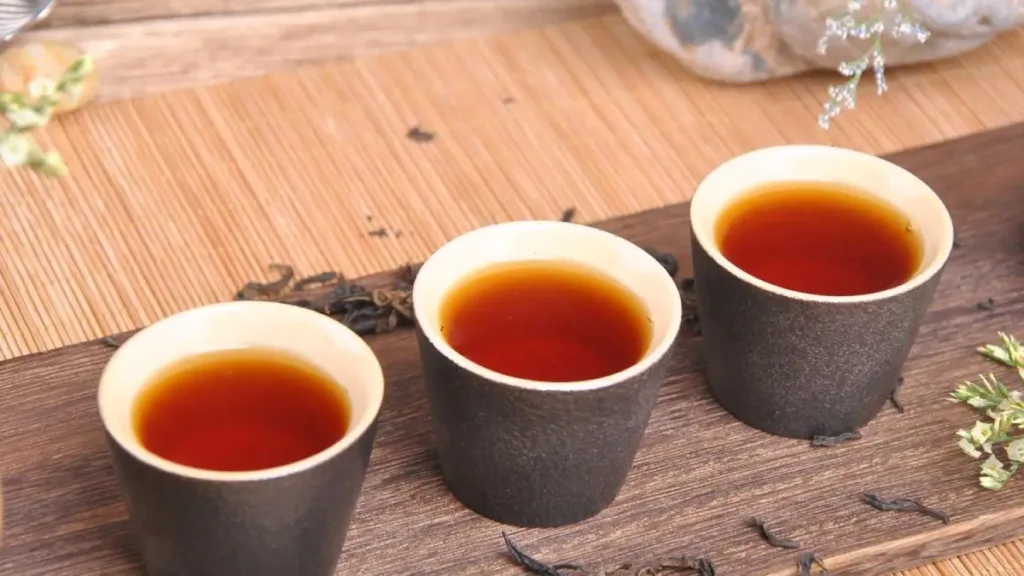For tea enthusiasts undergoing antibiotic treatment, the question of whether it is permissible to enjoy black tea during this period often arises. It’s essential to address this query, considering the potential interactions between tea compounds and antibiotics. In this analysis, we delve into the intricacies of consuming black tea while on antibiotics.
The Concerns:
The primary concern revolves around the presence of tea polyphenols in tea leaves, particularly in black tea. Tea polyphenols are substances known to cause secondary inefficiencies in medications, especially antibiotics and anti-inflammatory drugs. Common antibiotics like β-lactam drugs (e.g., cephalosporins, penicillins) and carbapenems can react with tea polyphenols, significantly reducing the effectiveness of the medications. This reaction leads to a substantial decline in the pharmacokinetics and pharmacodynamics of the drugs, resulting in secondary treatment failure.
Specific Medications and Black Tea Interactions:
- Iron Supplements: Medications aimed at supplementing iron, such as Red Sun (红源达), should not be taken in conjunction with black tea. The iron in these medications can form complexes with tannic acid present in tea leaves, impeding further binding with iron and hindering absorption. This interaction may compromise the intended benefits of iron supplementation.
- Antihistamines: Anti-allergic medications, including loratadine, cetirizine, and desloratadine, should not be taken simultaneously with black tea. The tea polyphenols in black tea may induce secondary inefficiencies in these anti-allergic drugs, leading to a significant reduction in their pharmacological effects.
Recommendations:
- Avoiding Tea During Medication: In general, it is not advisable to consume black tea while taking antibiotics. The tea polyphenols in black tea can lead to secondary inefficiencies in antibiotics and anti-inflammatory drugs, diminishing their therapeutic effects. The decline in both pharmacokinetics and pharmacodynamics of these medications could result in treatment failure.
- Consideration for Iron Supplements: When taking medications aimed at blood and iron supplementation, particularly those containing iron, it is crucial to refrain from consuming black tea. The potential interaction between iron and tannic acid in tea may compromise the absorption of iron, impacting the efficacy of the supplementation.
- Caution with Antihistamines: For individuals prescribed anti-allergic medications, caution should be exercised regarding the simultaneous consumption of black tea. The tea polyphenols in black tea can induce secondary inefficiencies in anti-allergic drugs, potentially reducing their effectiveness in managing allergy symptoms.
Conclusion:
In conclusion, the decision to consume black tea while on antibiotics should be approached with caution. Tea polyphenols, prevalent in black tea, have the potential to interfere with the efficacy of various medications, particularly antibiotics, iron supplements, and antihistamines. It is generally advisable to avoid black tea during the course of antibiotic treatment to ensure the optimal effectiveness of the prescribed medications. However, individual circumstances may vary, and consulting with healthcare professionals is crucial for personalized guidance on tea consumption during antibiotic therapy. Always prioritize your health and follow the recommendations provided by your healthcare provider to ensure the best outcomes during your recovery.



